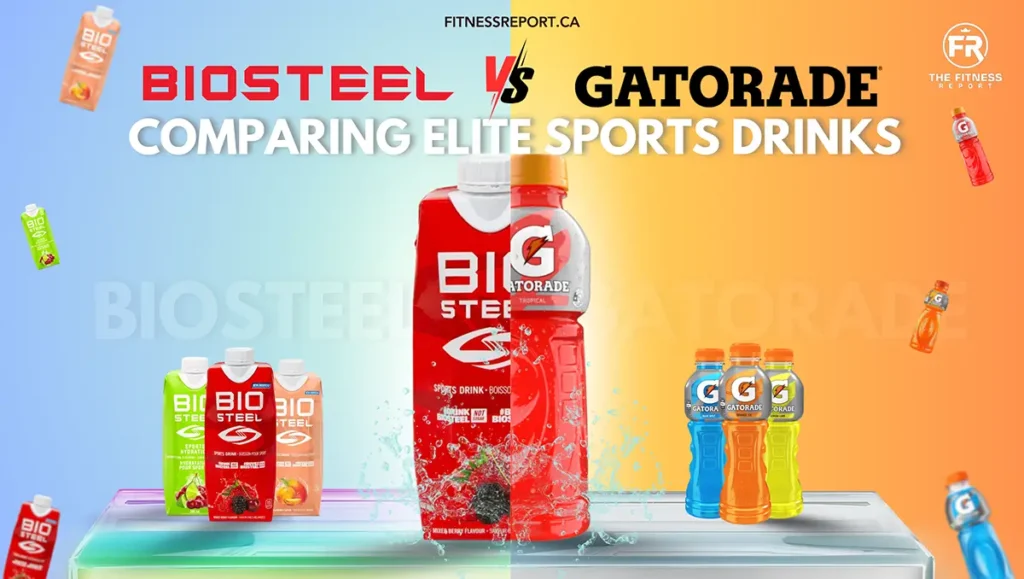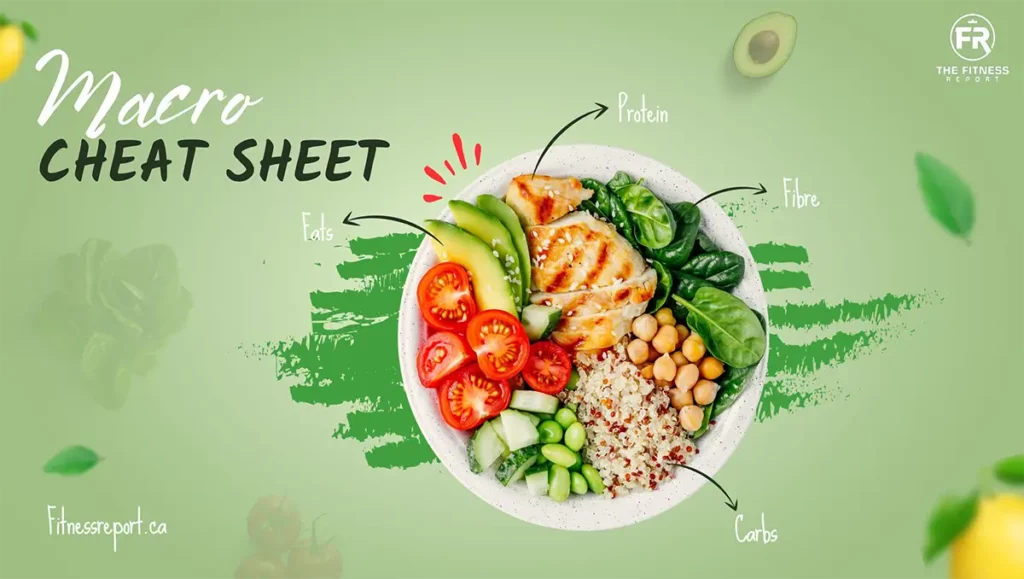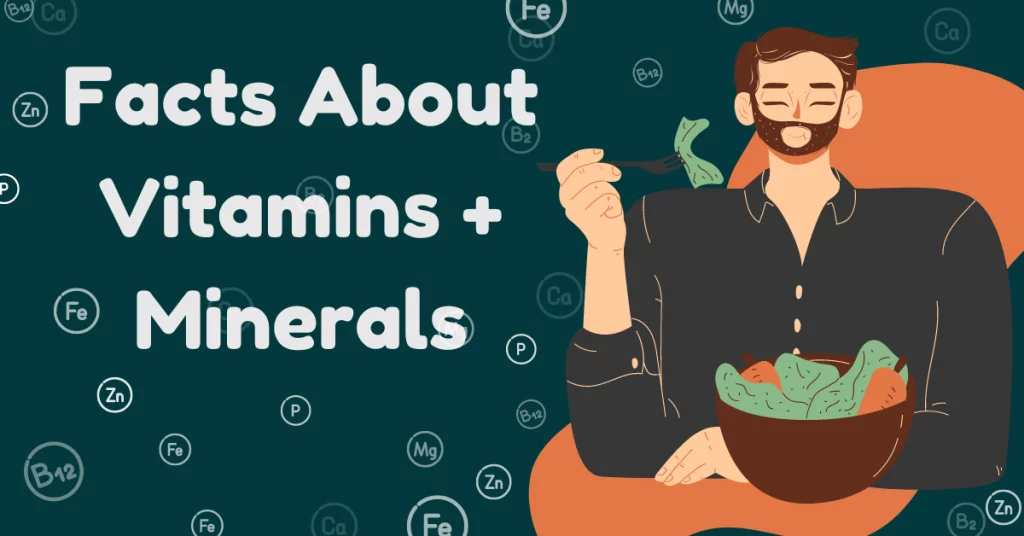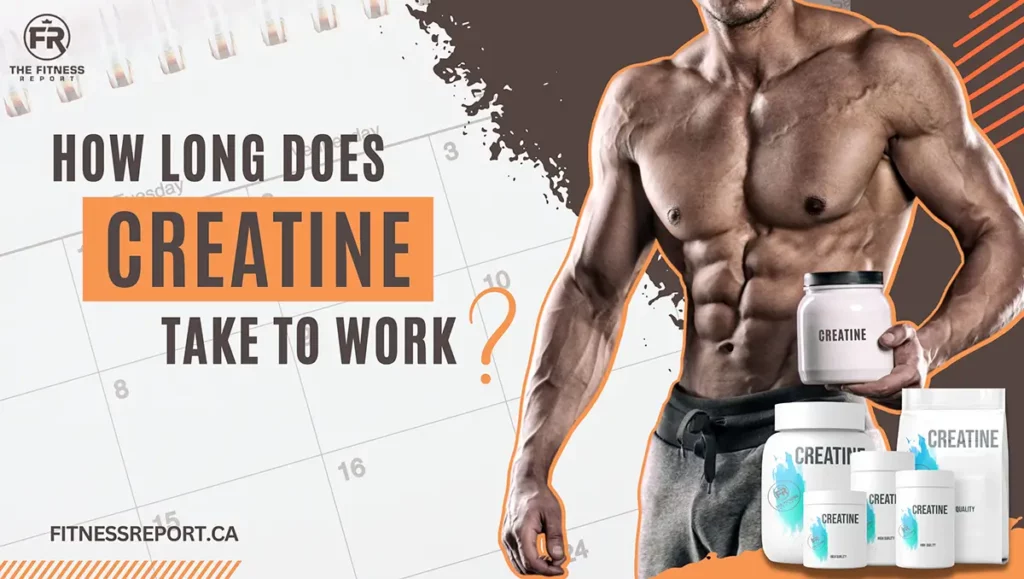- Sugar Content and Sweeteners
- Artificial Ingredients and Food Dyes
- Electrolyte Content and Types
- Amino Acids and Muscle Recovery
- Vitamin Content
- Eco-Friendly Packaging
- Flavor Variety and Natural Ingredients
- Cost and Accessibility
- Consumer Loyalty and Market Presence
- Conclusion
- BioSteel vs. Gatorade: Frequently Asked Questions
BioSteel Vs. Gatorade: Comparing Elite Sports Drinks
BioSteel and Gatorade have carved out significant niches with their unique formulations and marketing strategies. They both cater to athletes and active individuals seeking optimal hydration and performance. However, a lot sets them apart. From sugar content and artificial additives to eco-friendly practices and nutrient composition, this comparison aims to equip you with all the information needed to make an informed sports drink choice.
Sugar Content and Sweeteners
Comparison
BioSteel stands out for its minimal approach to sugars, opting to sweeten its beverages exclusively with natural sweeteners like stevia. This choice appeals to those looking to avoid sugar spikes and the resultant crashes. It is a particularly suitable option for athletes concerned about sustained performance and overall health.
On the other hand, Gatorade, traditionally known for its high-energy profile, often incorporates higher levels of sugar to provide immediate bursts of energy. This can be beneficial during intense physical activities where quick energy replenishment is crucial. However, Gatorade also offers low-sugar versions, like the G2 series, which blends sugars with artificial sweeteners to lower the calorie count while still providing essential electrolytes.
Verdict
Gatorade’s use of traditional sugars and synthetic sweeteners such as dextrose and sucralose caters to those needing quick energy. In contrast, BioSteel’s use of stevia—a natural, zero-calorie sweetener—aligns with the preferences of health-conscious consumers looking to maintain stable insulin levels during and after exercise.
Artificial Ingredients and Food Dyes
Comparison
BioSteel markets itself on a platform of clean, natural ingredients, avoiding any artificial colors or flavors. This commitment to natural ingredients aligns with the preferences of athletes and individuals who are mindful of the additives in their dietary intake.
Gatorade, however, often incorporates artificial food dyes, such as Red 40 and Yellow 6, to enhance the visual appeal of their drinks. These dyes have been scrutinized for potential health risks and links to hyperactivity in children, among other concerns. Although Gatorade offers options aimed at reducing such additives (like the G Organic line), the mainstream products still commonly contain these artificial components.
Verdict
This contrast in the use of artificial ingredients speaks volumes about the brands’ target demographics and health philosophies. While Gatorade offers more traditional formulations aimed at immediate sensory appeal and performance, BioSteel appeals to those seeking purer, potentially safer alternatives without the risks associated with synthetic additives.
Electrolyte Content and Types
Comparison
Electrolytes are pivotal in any sports drink, as they play essential roles in maintaining fluid balance, preventing dehydration, and ensuring proper muscle function.
BioSteel’s drinks are formulated with a blend of five key electrolytes: sodium, potassium, magnesium, calcium, and chloride. This comprehensive electrolyte mix is designed to closely mimic the body’s natural sweat losses, which is crucial for recovery and rehydration. The brand also focuses on providing these electrolytes through natural sources and avoids any artificial enhancements. This appeals to those looking for clean and straightforward nutritional profiles.
Gatorade, known for its scientifically backed formulations, also includes essential electrolytes such as sodium and potassium, which are critical for hydration and preventing muscle cramps during intense activities. However, Gatorade’s electrolyte levels are often tailored to support high-intensity activities with higher sodium content to rapidly replace what athletes lose in sweat. The brand’s approach has been optimized for immediate rehydration, making it a staple in professional sports.
Verdict
The choice between BioSteel and Gatorade may come down to the intensity and nature of the physical activities involved. For activities that induce heavy sweating, Gatorade’s higher sodium formula might be more beneficial. On the other hand, BioSteel’s balanced electrolyte profile may be suitable for everyday hydration and moderate exercise routines.
Amino Acids and Muscle Recovery
Comparison
Amino acids are the building blocks of protein, crucial for muscle repair and recovery after strenuous activities. This is where BioSteel significantly diverges from Gatorade in its formulation approach.
BioSteel’s products often contain branched-chain amino acids (BCAAs), including leucine, isoleucine, and valine. These specific amino acids are known for their role in muscle protein synthesis and recovery. BCAAs help reduce muscle soreness, decrease exercise-induced fatigue, and improve metabolic recovery. Including BCAAs in a sports drink can be particularly beneficial for athletes who engage in repetitive or strenuous exercises, as it supports faster recovery and reduces the breakdown of muscle proteins.
On the other hand, Gatorade primarily focuses on hydration and energy through electrolytes and carbohydrates. While it does contain some amino acids, the concentration and variety are typically less targeted towards muscle recovery compared to BioSteel. Gatorade’s formula is designed to quickly replenish lost fluids and provide immediate energy through simple sugars, which can be crucial during and right after high-intensity workouts.
Verdict
The inclusion of amino acids in BioSteel caters to a holistic approach to athlete health, not just replacing what is lost through sweat but also aiding the body in its recovery process. For athletes or fitness enthusiasts concerned about muscle recovery post-exercise, BioSteel’s amino acid-enriched drinks might offer a more comprehensive solution than Gatorade’s traditional hydration focus.
Vitamin Content
Comparison
BioSteel emphasizes the inclusion of a broad spectrum of B vitamins in its drinks. These include Vitamin B6, B12, thiamine, riboflavin, niacin, and pantothenic acid. B vitamins are vital for energy production, supporting metabolism, and reducing fatigue, making them essential for athletes who require sustained energy output.
Gatorade’s formulation typically includes small amounts of vitamins such as Vitamin C and some of the B vitamins like niacin, vitamin B6, and pantothenic acid. However, the focus is largely on electrolytes and carbohydrates for energy and hydration, rather than a broad spectrum of vitamins.
Verdict
The vitamins in Gatorade do play roles in supporting general health, such as aiding in metabolic processes and antioxidant defense, but their quantities are relatively low. This makes the drink more suitable for hydration and quick energy replenishment. BioSteel on the other hand, is perfect for overall health and wellness. It contains a variety of vitamins in suitable quantities to quickly enhance various bodily processes.
Eco-Friendly Packaging
Comparison
BioSteel leads with an eco-conscious approach, utilizing Tetra Pak packaging for its liquid products. Tetra Paks are widely regarded for their energy-efficient manufacturing process and are fully recyclable, reducing the environmental footprint. Furthermore, BioSteel’s caps are made from plant-based materials, underscoring their commitment to sustainability.
In contrast, Gatorade traditionally uses plastic bottles. Although these are recyclable, they often contribute to environmental waste due to their slow decomposition rate. Such packaging also requires significant resources for production, further damaging the environment.
Verdict
A difference in packaging not only reflects each brand’s commitment to environmental sustainability but also influences consumer choice. Those who prioritize eco-friendly products might lean towards BioSteel, appreciating their efforts to minimize environmental impact. Meanwhile, Gatorade’s more traditional approach might appeal to consumers looking for convenience and wide availability.
Flavor Variety and Natural Ingredients
Comparison
BioSteel focuses on using natural flavors in its sports drinks, steering clear of artificial additives. This aligns with their branding as a provider of clean, healthy hydration options. Some popular BioSteel flavors include Mixed Berry, Blue Raspberry, and Pink Lemonade. Each of these is formulated to deliver a refreshing taste using naturally derived ingredients. This approach is particularly appealing to health-conscious consumers who prioritize natural ingredients in their diet.
Gatorade, known for its extensive flavor lineup, offers options like Lemon-Lime, Fruit Punch, and Glacier Freeze. While Gatorade uses a mix of natural and artificial flavors, it is these bold and recognizable flavors that have made it a favorite among a broad audience. The brand’s strategy to use eye-catching colors—often achieved with food dyes—and robust flavors helps in maintaining its appeal and market dominance.
Verdict
BioSteel attracts those who prefer natural ingredients and are mindful of what they consume, while Gatorade appeals to those looking for a wide variety of flavors and immediate taste satisfaction. This distinction highlights the broader debate in the beverage industry regarding natural versus artificial ingredients.
Cost and Accessibility
Comparison
BioSteel generally positions itself as a premium sports drink, which is reflected in its pricing. The cost is often higher compared to Gatorade. This is attributed to its use of natural and high-quality ingredients, eco-friendly packaging, and targeted marketing towards health-conscious consumers and professional athletes. A premium pricing strategy aligns with BioSteel’s brand image as a provider of clean, healthy hydration options. However, the higher price point may limit its accessibility to a broader audience, especially casual consumers or those with budget constraints.
Gatorade, on the other hand, is widely available and typically priced more competitively. This accessibility and affordability have helped the brand maintain a strong presence in the market, making it a go-to choice for a diverse range of consumers. The extensive distribution network of Gatorade ensures that it can be found in numerous retail outlets across various regions, enhancing its availability compared to the more niche marketing and distribution channels of BioSteel.
Verdict
BioSteel appeals to those willing to invest in a premium product for its health benefits and environmental considerations. On the other hand, Gatorade remains a popular choice for those seeking an effective, readily available, and more affordable hydration solution.
Consumer Loyalty and Market Presence
Comparison
BioSteel has been rapidly growing its market presence, endorsed by high-profile athletes and teams, which helps to build strong brand loyalty among consumers who value professional endorsements. BioSteel’s focus on natural and clean ingredients has also allowed it to capture a niche market segment that prioritizes health and wellness. They foster a loyal customer base that appreciates the brand’s commitment to quality and sustainability.
Gatorade’s long-standing reputation, extensive availability, and broad variety of flavors have garnered a massive global following. Its strategic sponsorships with major sports leagues and athletes have cemented its position as a leader in the sports drink market. Gatorade’s ability to evolve with consumer trends while maintaining its core offerings continues to attract a wide range of consumers, from elite athletes to everyday sports participants.
Verdict
When choosing between BioSteel and Gatorade, the decision hinges on personal preferences and needs. BioSteel appeals to those looking for natural ingredients and environmental consciousness. Alternatively, Gatorade serves those seeking extensive flavor choices and a formula optimized for intense physical performance.
Conclusion
Ultimately, the choice between BioSteel and Gatorade may come down to individual preferences and needs. Each brand offers distinct advantages, and understanding their specific offerings can help make informed decisions that align with health goals and lifestyle needs.
BioSteel vs. Gatorade: Frequently Asked Questions
Other Fitness Articles You May Like:
If You Enjoyed This Article, Checkout Others Below:
BioSteel Guide: Canada’s Homegrown Hydration Brand
Kelowna Gyms: Where To Workout?
Nanaimo Gyms: Start Working Out Today!
Dawson Creek Gyms & Fitness Centres
The Ultimate Personal Training Guide
Is A Personal Trainer Worth It?
How Much Do Personal Trainers Make In Canada
The Best Natural Bodybuilders In The World
The Best Canadian Supplement Brands
Meal Prep Vancouver: The Top Rated Companies
Start Showing Up For Yourself & How To Get It Done






